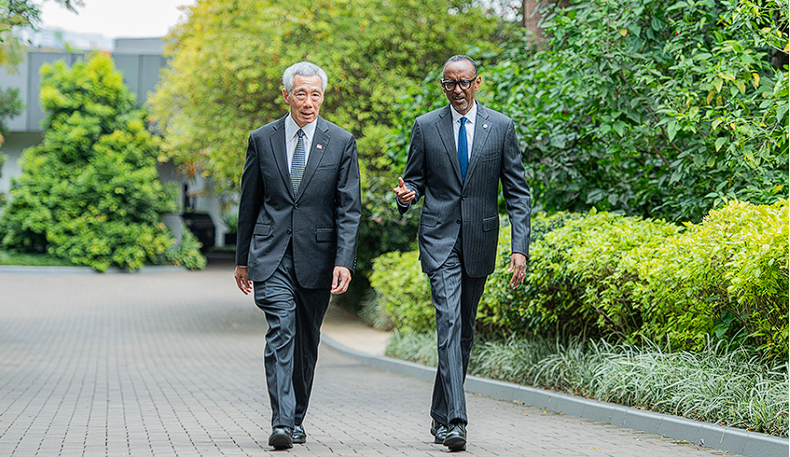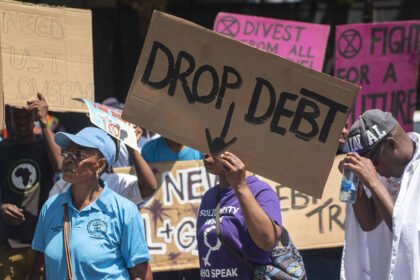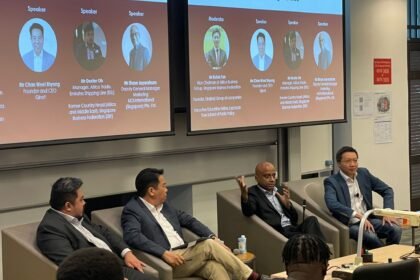President Paul Kagame has acknowledged the influence of Singapore and its founding father, Lee Kuan Yew, on Rwanda’s development approach. He has praised Singapore’s rapid economic progress, effective governance, and strategic planning as sources of inspiration for Rwanda’s own development aspirations.
In various interactions recently, Kagame also highlighted the importance of learning from successful models like Singapore while adapting strategies to suit Rwanda’s specific context and challenges.
Rwanda and Singapore have indeed both placed a strong emphasis on human capital development as a key driver of their transformation journeys. Both nations have invested heavily in education, healthcare, and technology to empower their citizens and drive economic growth.
One similarity between Rwanda and Singapore is their focus on building a skilled workforce through education. Both countries have implemented policies to improve access to education, enhance the quality of education, and promote lifelong learning. Rwanda, like Singapore, recognizes the importance of equipping its citizens with the knowledge and skills needed to thrive in a rapidly changing global economy.
In terms of healthcare, both countries have made significant strides in improving healthcare access and outcomes for their populations. Rwanda, inspired by Singapore’s healthcare system, has implemented reforms to enhance healthcare infrastructure, promote preventive care, and ensure universal health coverage.
Additionally, Rwanda has been proactive in leveraging technology to drive development across various sectors, similar to Singapore’s approach. Both countries have embraced digital transformation, innovation, and entrepreneurship to create new opportunities and improve efficiency in government services and industries.
While Rwanda has drawn inspiration from Singapore’s success story in certain areas, it has also tailored its strategies to suit its own context and priorities. Rwanda’s development trajectory reflects a blend of learning from successful models like Singapore while also addressing its unique challenges and opportunities.
Lee Kuan Yew often emphasized the importance of maintaining strategic autonomy and not being forced to choose sides between major powers. It’s a pragmatic approach to international relations, advocating for countries to navigate complex geopolitical landscapes without being constrained by binary choices that could limit their options or compromise their sovereignty.
Likewise, Kagame’s utterances underscore the significance of African countries not being coerced into picking sides between major global powers like China and the United States of America. This stance is crucial for several reasons, particularly concerning economic stability and growth.
Not choosing sides between China and the USA, or any other major powers, allows African countries to pursue a balanced and strategic approach to international relations. This approach promotes economic resilience, diversification, and sustainable growth while safeguarding national sovereignty and interests.
Shaun Jayaratnam is a Senior Business Leader with global experience in driving business growth in Emerging Markets




